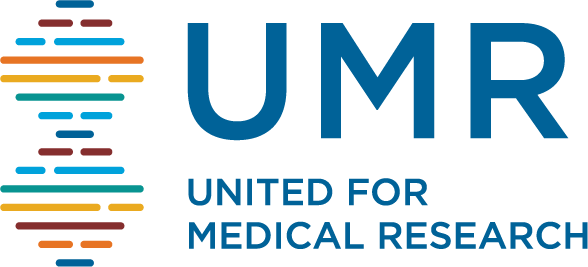May 17, 2012
A new report released this morning shows that the United States’ leadership in the global life sciences industry is under threat due to a constant dollar decline in NIH biomedical research funding and intensifying global competition from countries such as China, Germany, Singapore, Sweden and the United Kingdom. In recent years, these countries have both expanded their financial support for biomedical research and enacted policies to enhance their biomedical innovation ecosystems.
Leadership in Decline: Assessing U.S. International Competitiveness in Biomedical Researchwas published jointly by the Information Technology & Innovation Foundation (ITIF) and United for Medical Research.
The report examines a number of key indicators in the life sciences industry, finding that:
- If present trends continue, China’s financial commitment to biomedical research will be twice that of the United States’ in the next five years (and four times greater as a share of GDP);
- Growth in high-wage, high-skill jobs in the life sciences sector is flat-lining in the United States, while employment in other countries, like Germany and France, shows consistent growth;
- The United States accumulated a $136.7 billion trade deficit in pharmaceutical products over the last decade, a period when many competitors realized increasing trade surpluses;
- The United States’ share of global biopharmaceutical patents and overall industry output is shrinking, while China’s continues to expand in these areas; and
- China already has more gene sequencing capacity than the entire United States and about one-third of total global capacity.
“Over the last sixty years, funding for NIH has enabled and sustained the United States’ position as the world leader in the life sciences,” said Carrie Wolinetz, president of United for Medical Research. “But, as this new report demonstrates, maintaining our competitive edge in a globalized, 21st century economy will require us to make a renewed and strengthened commitment to public investment in biomedical research. We cannot afford to fall behind our international competitors as they attempt to emulate our past success.”
Download the full report, Leadership in Decline: Assessing U.S. International Competitiveness in Biomedical Research.

